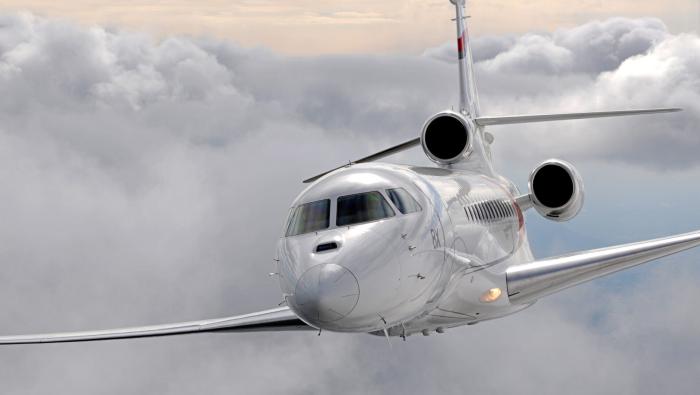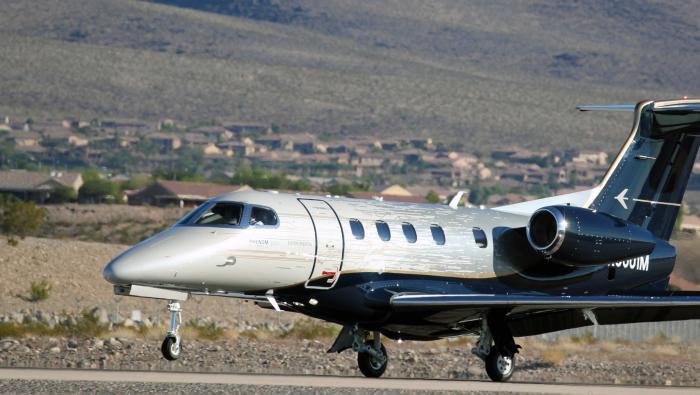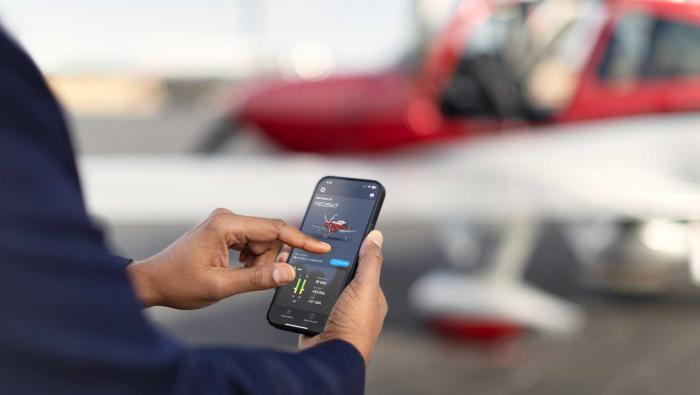Boeing’s efforts to maintain tighter control over its supply chain took another stride forward as the company received the European Commission’s blessing for its proposed joint-venture with Adient for airliner seats. The formal approval, without any commitments, comes less than two weeks after the Brussels-based EU competition watchdog cleared the planned tie-up between the U.S. airframer and France’s Safran to design, build, and service auxiliary power units.
“The Commission concluded that the proposed acquisition would raise no competition concerns,” the EC said Monday. “Despite Boeing's strong position in the manufacturing of large commercial aircraft, the transaction is unlikely to lead to competing aircraft seat suppliers being shut out from the market.” Moreover, it added, “the market in commercial aircraft seating is currently characterized by the presence of three large players and the transaction will lead to the creation of a new entrant in that market.”
Boeing and Adient on January 16 announced their plans for the joint venture, conceived to develop, manufacture, and sell a portfolio of seating products to airlines and aircraft leasing companies. The partnership will make the seats for installation on new airplanes and as retrofit configurations for aircraft produced by Boeing and other commercial airplane manufacturers. They will base Adient Aerospace’s headquarters and initial factory in Kaiserslautern, near Frankfurt, and the customer service center in Seattle. Adient, which will own 50.1 percent in the new partnership, designs, produces, and delivers automotive seating for all vehicle classes and all major OEMs.
In its analysis, the Commission pointed to the limited overlaps between the companies’ activities given that Adient doesn’t now participate in the production of aircraft seating and Boeing only resells aircraft seats on a minority of its aircraft.
Adient and Boeing unveiled two jointly developed business class seat prototypes at the Aircraft Interiors Expo in Hamburg in April.







